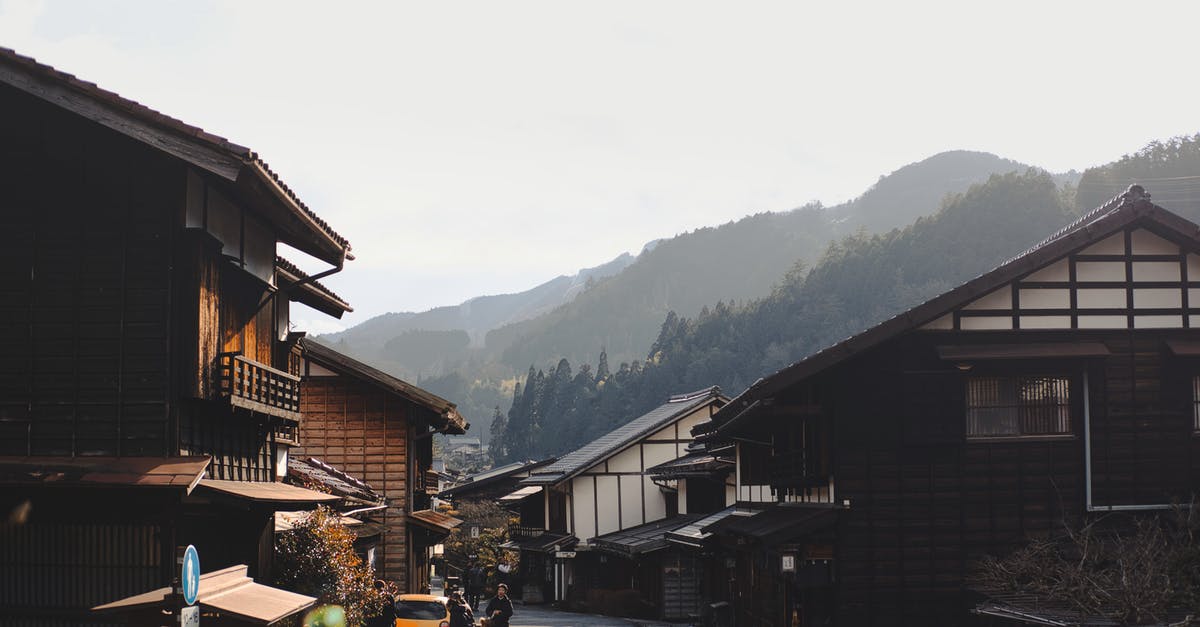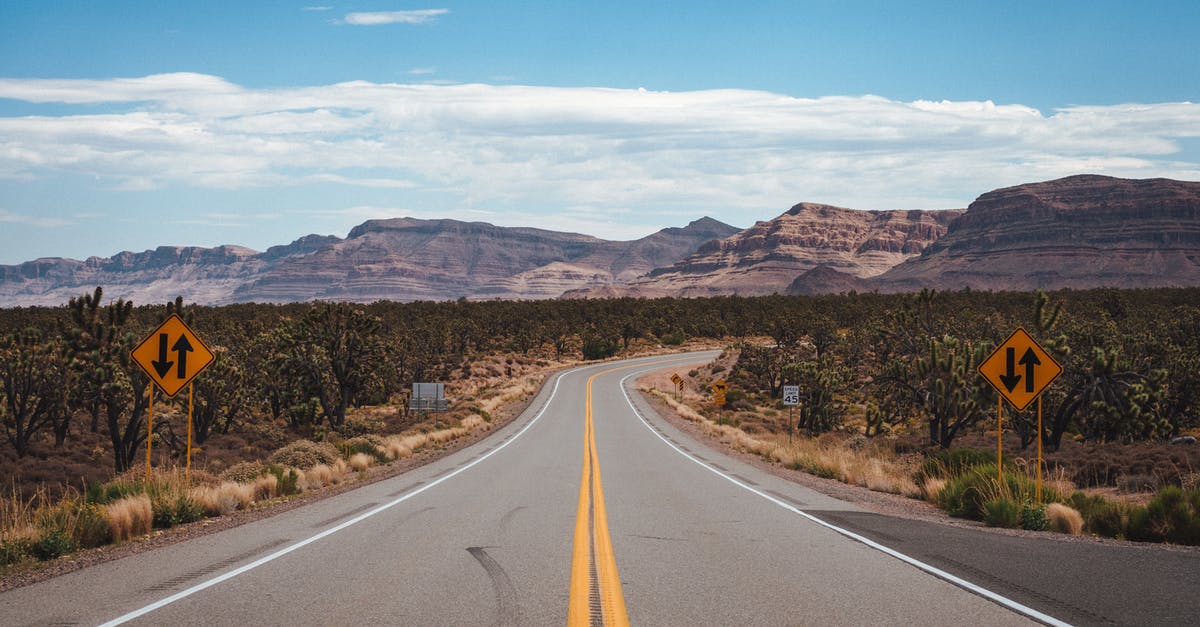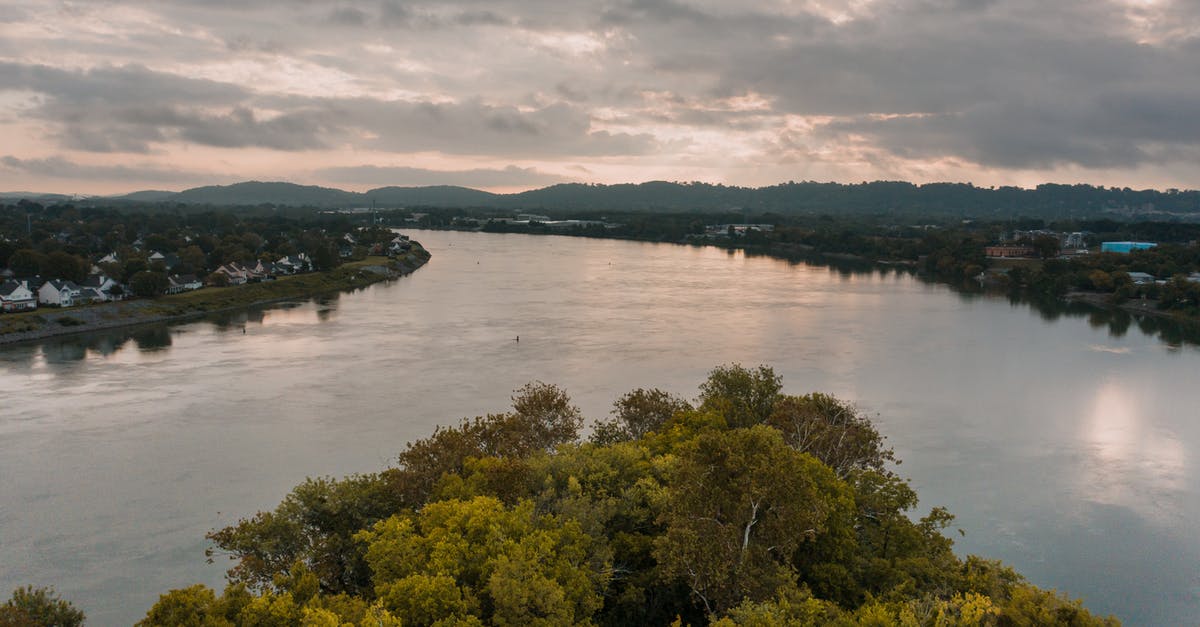How to avoid accidental trespassing while exploring rural US?

I am planning a road trip through some rural locations in Tennessee and North Carolina, US. The intention is to visit some places of particular interest (e.g. filming locations of certain movies).
Some of the places are known to be private land/residencies which I am only planning to see/photograph from the public roads. Other places, such as nearby woods or unnamed roads like this one, are what I am less sure about whether they might be publicly accessible.
Unless there are fences, closed gates and/or other clear signs that a road is private, how do I tell if I can drive on a road like the one referred above? If I see woods without any fences or other indication of them being private property, is it generally acceptable to enter them?
Best Answer
I trespass for a living (I'm a geologist) in Georgia mostly, but have in pretty much all of the Eastern U.S.
So, when planning field work the first thing I do is get on the internet and search for county tax assessor's maps. The online maps will show who owns the parcels; state, county, federal, or private. If they are private then I'll do a white pages search on the land owners name and contact them and ask for permission. And I'm forthcoming and state what my purpose is.
The success rate is enormously high. Over 99%. Often people will be happy to show me around, or can recommend the best access trails. On the other hand there can be absentee land owners, or the land is owned by a corporation (often a timber company). And often, the land has been leased to a hunting club.
The last solution is to show up and knock on the door and ask for permission.
All that being said, I've had guns pulled on me twice, also told to get out because they thought I was after their gold. And have been told "no" with no reason given. You don't want to encounter someone doing something illicit. So, asking for permission creates an opportunity for a criminal to say "no" for your own safety.
Utility easements also provide access paths. Have a look at topo quads or aerial photos and look for straight broad cuts through the woods that represent power line and gas line corridors. You should be able to park where they cross the road and walk in. And when you do encounter someone, be forthcoming why you are there. And don't park your car and block access to a gate or road, no matter how decrepit it looks. Murphy's law says that as soon as you are out of sight someone will need access.
The one other hazard would be dog packs. People have been killed by dog packs when approaching homes. So, if you need to knock on doors, use your eyes and ears before getting out of the car.
I hope haven't made it sound too daunting. It's about expectations. The same land owner can be welcoming or furious depending if their expectations are being met or not. So the goal is to not unexpectedly present yourself on their land.
Pictures about "How to avoid accidental trespassing while exploring rural US?"



Can you trespass on public property USA?
Trespassing can occur on both private and public property, and you do not have to receive a verbal warning that the property is off limits.What is the meaning of no trespassing?
No trespassing \u200bDefinitions and Synonyms phrase. DEFINITIONS1. used on signs to warn people not to enter a place or area.Is trespassing a criminal offense in the Philippines?
Qualified trespass to dwelling. \u2013 Any private person who shall enter the dwelling of another against the latter's will, shall be punished by arresto mayor and a fine not exceeding 1,000 pesos.What are the trespassing laws in Florida?
Under Florida law, criminal trespass is defined as the willful entry into or remaining upon property without the express or implied permission of the owner. Trespass in a structure or conveyance carries penalties that may include jail, probation, and permanent criminal record.8 Ways to Keep TRESPASSERS Off Your Land
More answers regarding how to avoid accidental trespassing while exploring rural US?
Answer 2
Unlike some European countries where one is expected to hike through what look like fenced private property, the U.S. is generally more like New Zealand: private property is usually marked, often quite clearly.
"No Trespassing" signs are quite common in U.S. rural areas, and often redundant. Fences almost always indicate to humans Do Not Pass because this is private property.
In the relatively few places where public land is fenced but is open to the public, there will either be clear signs (like at Cascade Head on Oregon's coast where the signs say the same thing as the the webpage) or local inquiries will reveal the status about the property.
Answer 3
Taking North Carolina as an example, since you did, if the property is not posted, you are not trespassing if you do not enter any buildings, and until someone tells you to leave:
First degree trespass (Section 14-159.12): Without permission entering or remaining:
On someone else's property that's enclosed/secured as to clearly demonstrate an intent to keep out intruders; or
In a building owned by someone else.
Second degree trespass (Section 14-159.13): Without permission entering or remaining on someone else's property:
After being notified not to enter or remain there by the owner, a lawful occupant, or other authorized person; or
Where there is a notice posted informing intruders not to enter the property.
http://statelaws.findlaw.com/north-carolina-law/north-carolina-criminal-trespass-laws.html
The answer to your question, therefore, is that you can avoid accidental trespassing by avoiding posted property, by not entering any buildings without permission, and by paying attention to anyone who asks you to leave unposted property.
Answer 4
Generally most law in the US goes like this:
you must reasonably search some length of every fenceline for "No Trespassing" signs, e.g. Every 500 feet. You don't need to search a length of fenceline if you are at an obvious human-travel threshold, such as a gate, obvious roadlike path, etc. Beware also signs which have been vandalized or missing - you'd be technically in the right but you'll still be dealing with a rather angry homeowner who believes you ignored an obvious, intact sign.
if the property is not signed, and you are asked to leave, you must expediently do so in a manner the owner consents to (if not unreasonable).
It's always trespassing, signage or not, if the installation is one the government favors with such protection, e.g. Army basespower plants, and railroads (photographers, don't even think about it): including adjacent land that may be outside the secured area or obvious usage. And you may not find this in state law: it may be Federal.
it is always trespassing inside a building-like thing - urbexers!
Lastly note that rural folks tend to have guns (not least for wild animals like mountain lion), and encounters aren't clean and simple. As deolater says in comments, the mood is tense, they may not know the law or rules of engagement very well, they may not care, they may fear you even if you don't think of yourself as fearful. Notably, racism and xenophobia are poltically whipped to a frenzy in rural areas. All this adds to the "fog-of-war" which naturally exists in an encounter amongst even those with the purest intents. US law leans toward favoring a defending property owner due to reasonable doubt, mens rea and sometimes stand your ground. The upshot is you can't expect courtesies or demand rights - it's vital you put your host at ease from the outset.
Also, you are at risk of the plainest of accidents, because hunting is a big thing all year, not even for sport but control. (Take wild boar. Please.) Best to wear clothing that clearly distinguishes you from game.
When in Rome... I advise talking to a local Cabela's or Bass Pro Shops, as they are not only major outdoor outfitters but also gun retailers. They should have a well-informed perspective on local risks and conditions, with valuable nuggets like "it's bowhunting season for deer right now" and how local law treats hunters vs. regular "rural explorers". Some states have different (more permissive) rules for hunters.
Also see Jim Ganley's advice about talking with the sheriff. Meth labs are a big thing, as is growing pot - and while a very few states have legalized pot, old habits die hard: many growers have been growing illegally for years and haven't bothered miring through the extensive paperwork and certifications to get legal. And they're still illegal at the Federal level.
Answer 5
If you have a hand-held GPS unit, you can get property boundaries on a card that slots into the GPS. They're marketed for hunters, but they're great for anyone who will be travelling through back country. This allows you to see property ownership near your current location.
These chips are sold by the state, or you can get the same info on a smart phone app. Very inexpensive GPS units don't have a card slot, so make sure yours is compatible before you buy.
Answer 6
I lived in AR and my driveway was a township road and passed no more then 15' from the house then continued on up the mountain and if you were really observant you could see the road by the different types of vegetation and there were a lot of roads like that but your best bet was to check the county GIS also if in doubt ask local residents. Also I cannot stress this enough check with the sheriff to see if it is safe to go where you would like to go there is a lot of meth being made and them folk do not like strangers. I have friends who are on the Cedar Creek, MO Fire Dept and there have been fires that unless the Sheriff clears the area the fire dept. will not go in period. USE COMMON SENSE and BE SAFE
Answer 7
onXmaps FTW! It shows public and private landowner information so you can avoid trespassing. The app can be used offline by downloading the maps onto your device. This means you DO NOT need cell service once the maps are downloaded to your phone.

Answer 8
There is a slight quirk in the law and I am not one to test it, all no trespassing signs must be signed with the owners name and address the picture of the posted sign does not have a signature or address also most states require signs to be posted at specific intervals. Folks just be safe ask before you enter.
Answer 9
If you see a sign with the word "Posted"
you are in serious danger of being shot.
Such a sign,
is one legal requirement to be able to use firearms against you,
if you go on the land in question.
Of course, obviously, the subtleties of the legal issues vary from county to county, state to state. (For example, there may have to be such signs every N yards, you actually don't have to have any sign whatsoever in some cases, in some counties it has to include a phone number, and so on and so forth.)
But just - overwhelmingly and in general - in the US you never walk on to land with a "Posted" sign.
If you're not from the US, and you think this is an exaggeration,
Note that the only post on this page from anyone with actual experience reads:
"All that being said, I've had guns pulled on me twice"
Sources: Stack Exchange - This article follows the attribution requirements of Stack Exchange and is licensed under CC BY-SA 3.0.
Images: Evgeny Tchebotarev, Enric Cruz López, Ave Calvar Martinez, Kelly L






